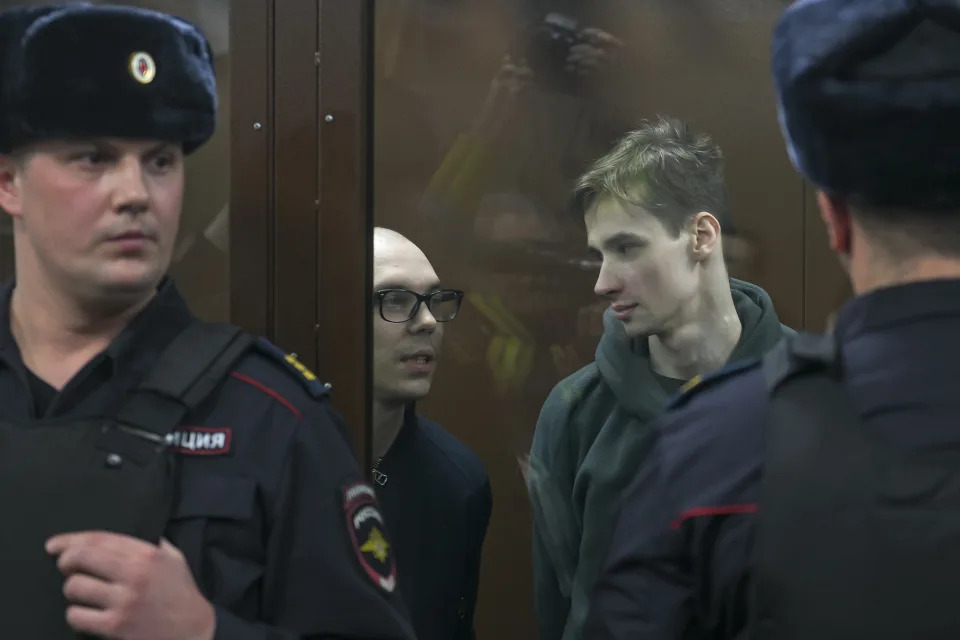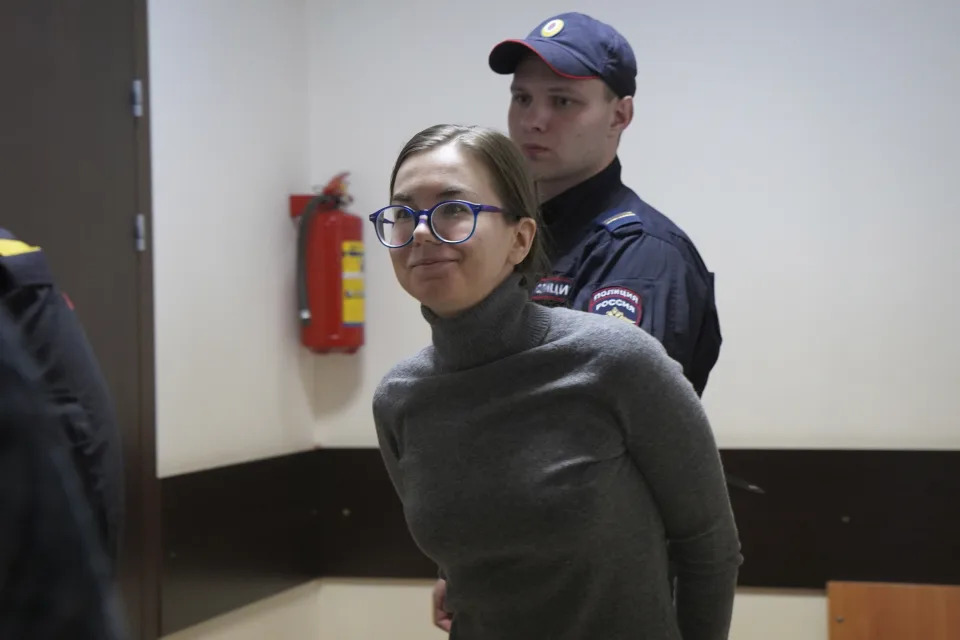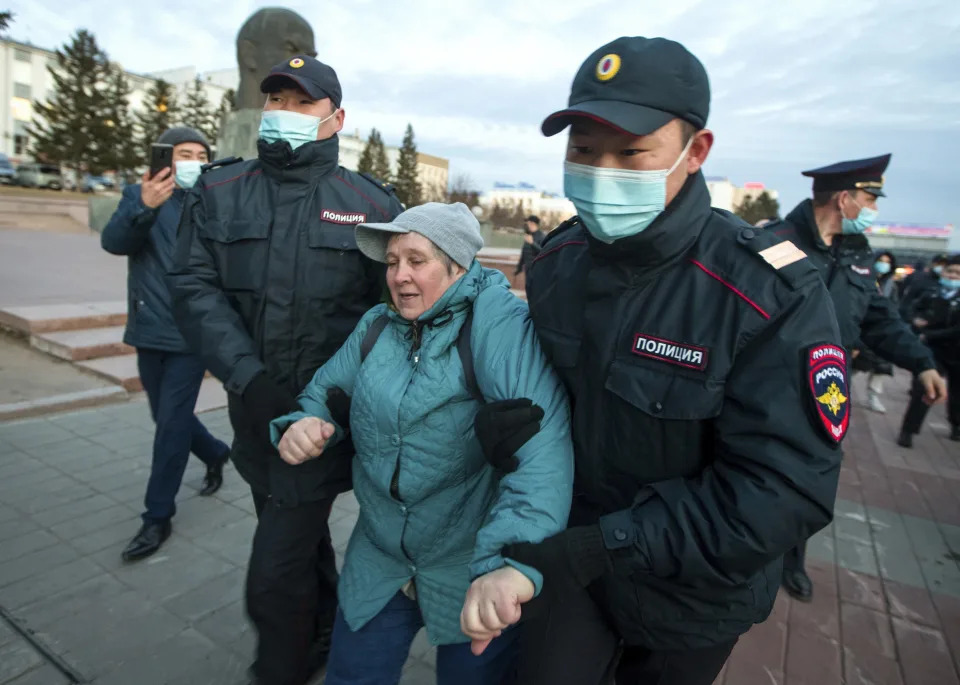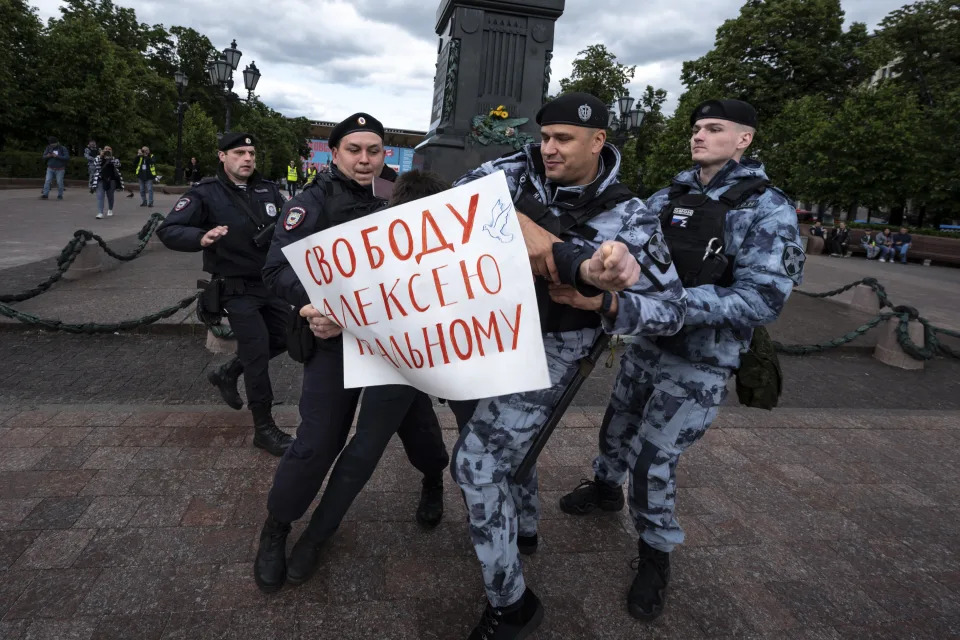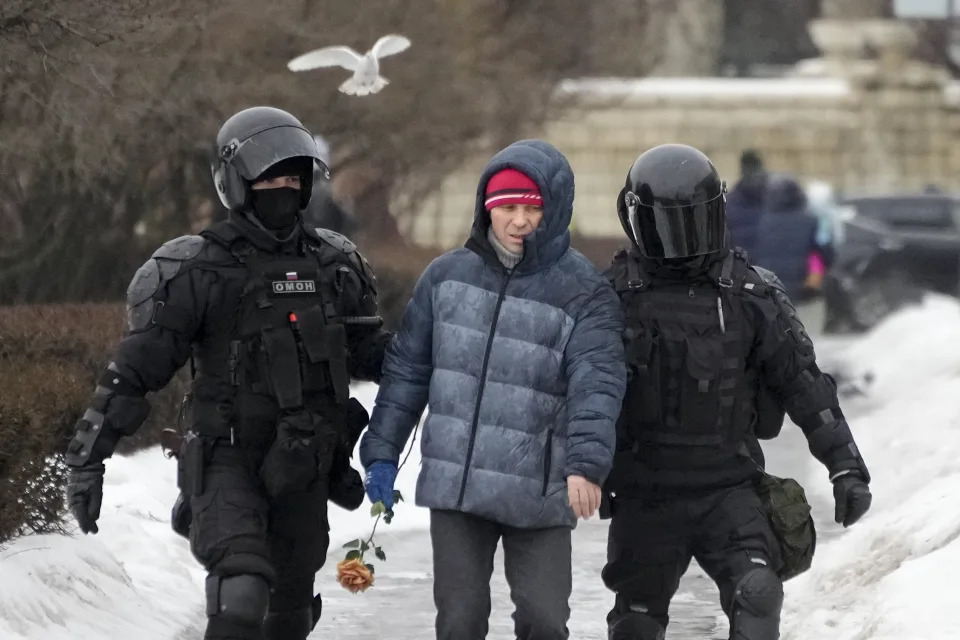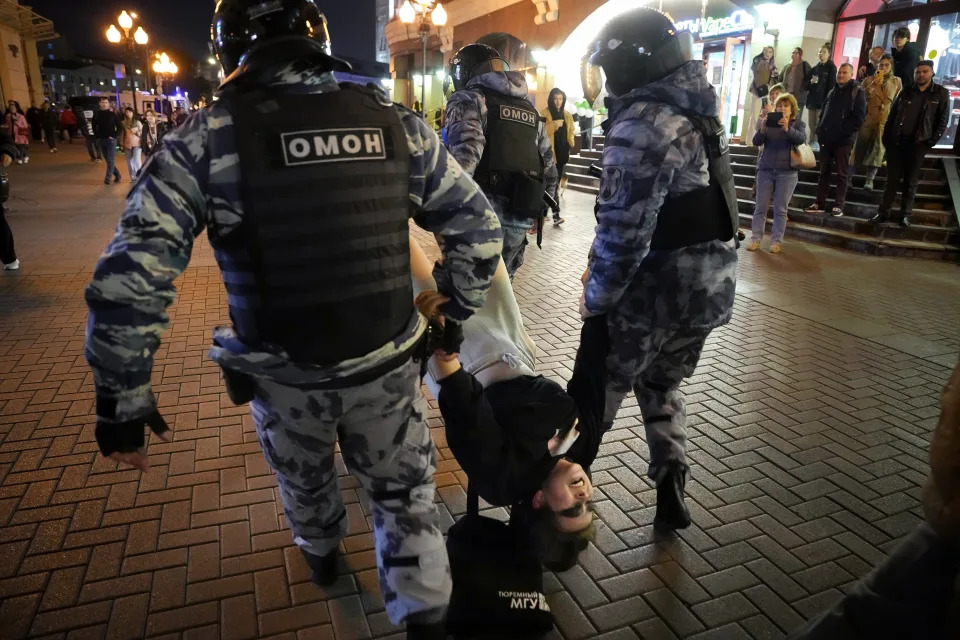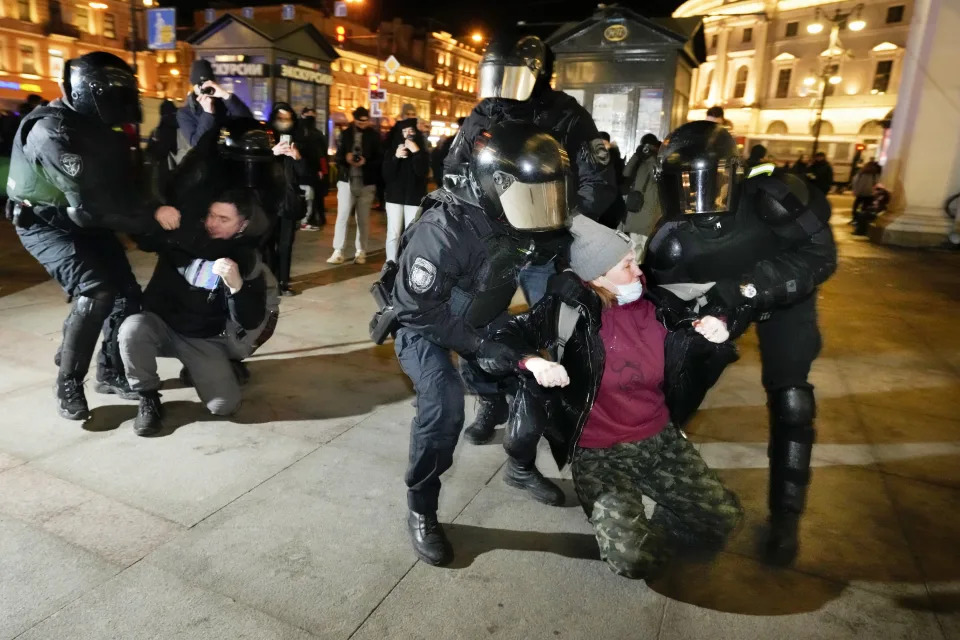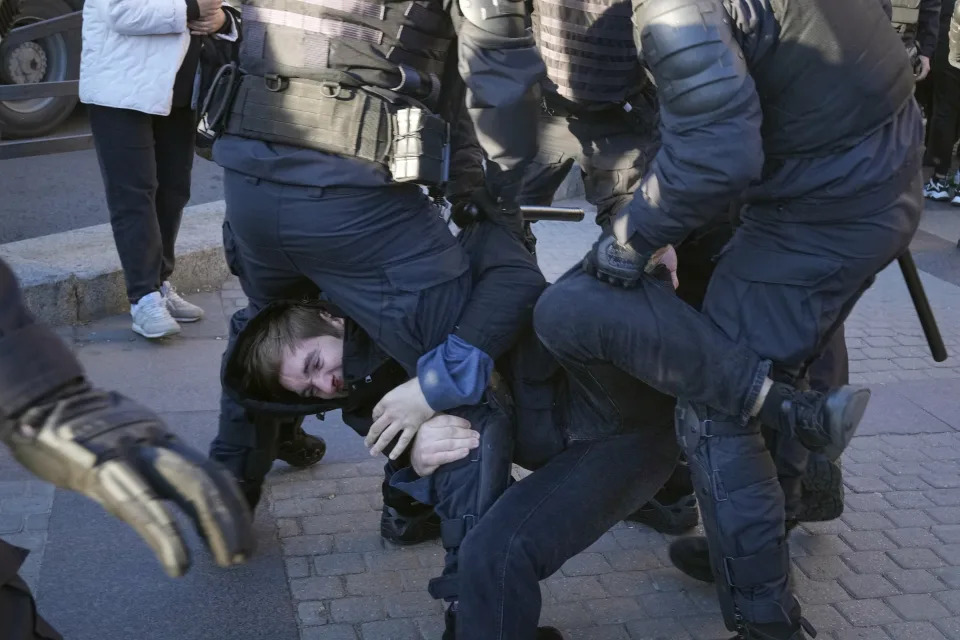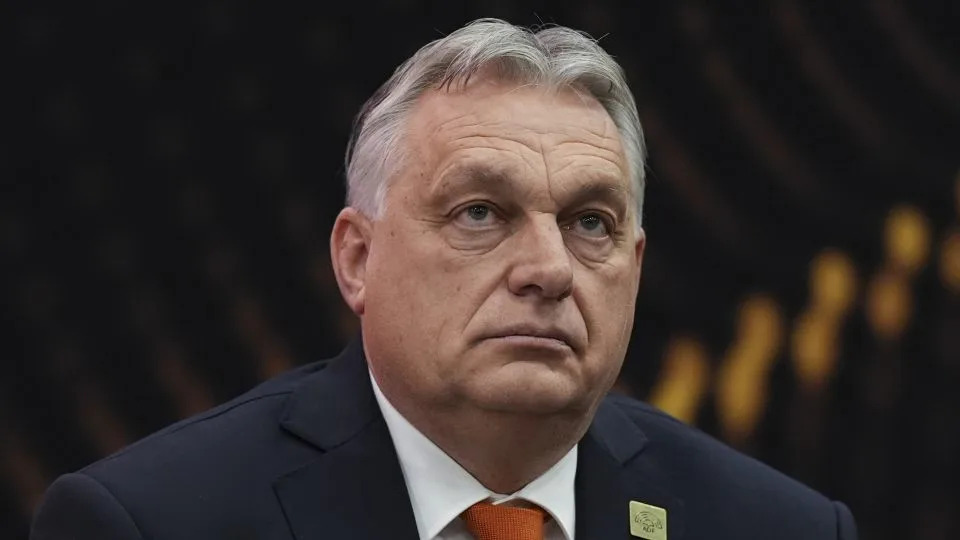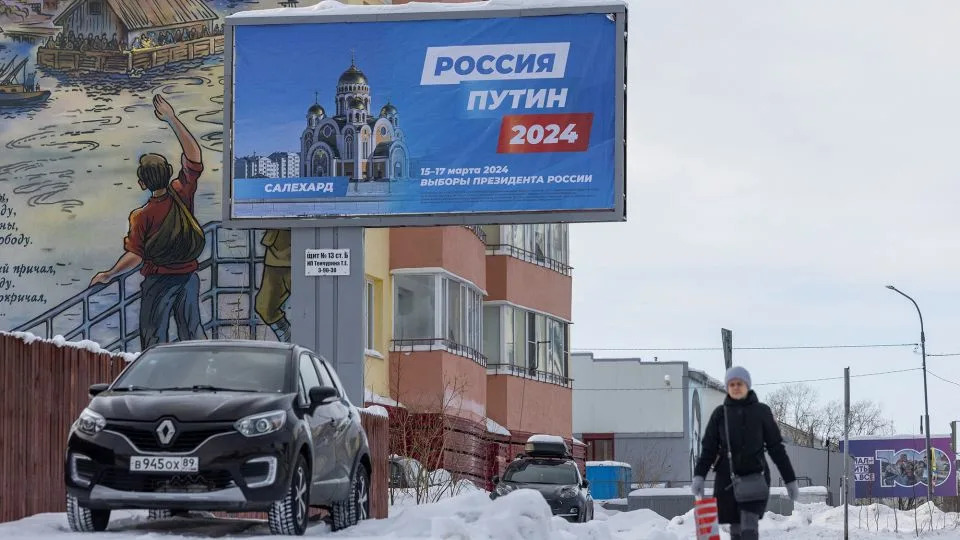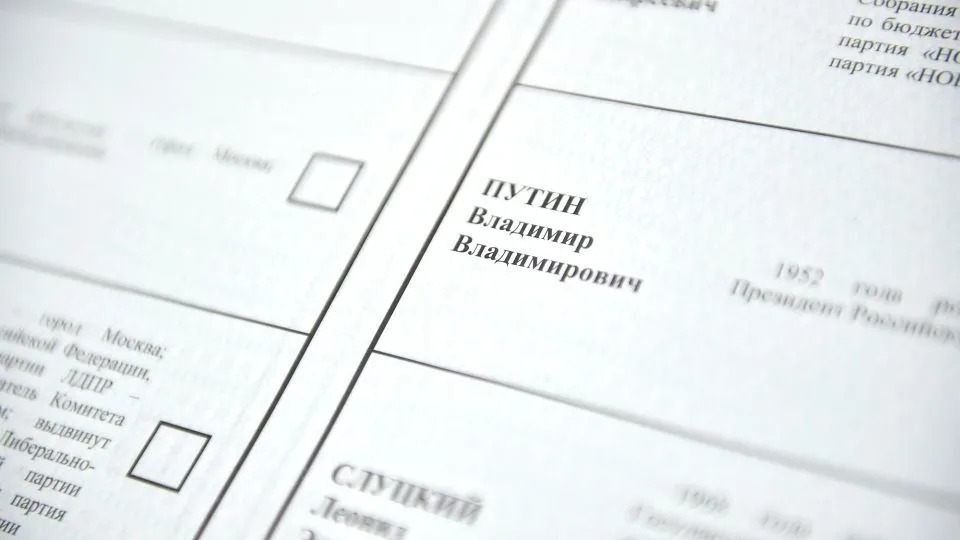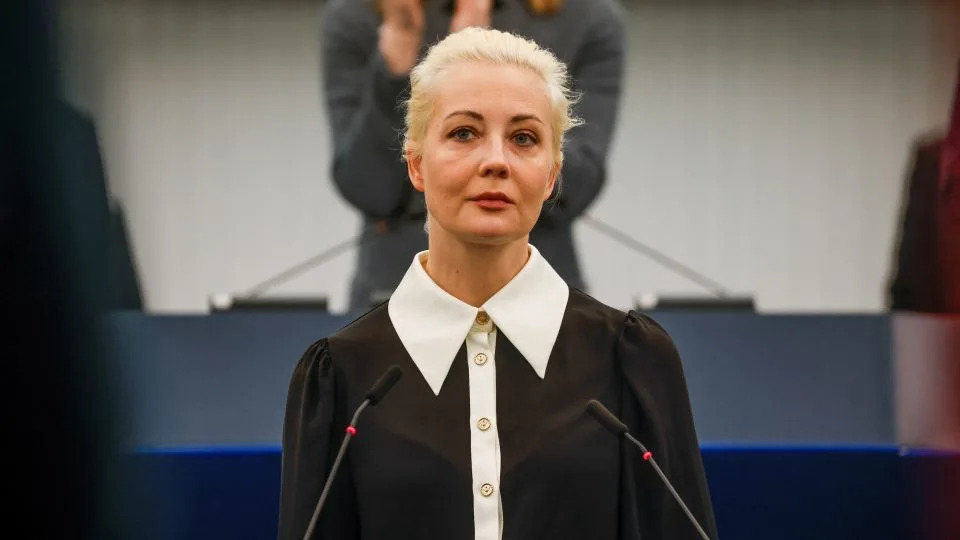NBC News
After Trump ballot ruling, critics say Supreme Court is selectively invoking conservative originalist approach
Lawrence Hurley – March 10, 2024

WASHINGTON — Two years ago, conservative Justice Neil Gorsuch excoriated his conservative colleagues for ignoring history and the original understanding of the law in ruling for Oklahoma in a dispute over Native American tribal authority.
The 5-4 ruling against tribes “comes as if by oracle, without any sense of the history … and unattached to any colorable legal authority,” Gorsuch wrote in his dissenting opinion.
His complaint sounds a lot like the chorus of criticism from legal scholars on the left and right directed at the Supreme Court’s ruling last week that said states had no authority to kick former President Donal Trump off the presidential ballot.
For critics, it was just another example of how the conservative justices appear to selectively apply the legal methodology known as originalism, which focuses on the original meaning of the law at the time it was written.
The court, which has a 6-3 conservative majority, was unanimous in ruling that Section 3 of the Constitution’s 14th Amendment cannot be enforced by states, but critics were quick to point out the absence of originalist arguments.
“What struck me is how much attention was devoted to questions of original meaning in the briefing and at oral argument and how cursory and frankly unpersuasive the discussion of the history was in the published opinion,” said Evan Bernick, a professor at Northern Illinois University College of Law.
J. Michael Luttig, a conservative former federal judge once considered as a potential Supreme Court nominee, said the decision was “a textbook example of judicial activism” that contained little originalist analysis.
“This is an abomination in every respect,” he added. “That’s just one of many respects.”
The ruling itself was unsigned and none of the conservative justices — including Gorsuch — wrote separately to explain their views.
This came as a disappointment to some self-professed originalists, who believe that Section 3 as written and understood at the time is self-executing, meaning that there is no requirement that legislation be enacted for it to be applied.
The legal argument that Trump could be barred from the ballot had been promoted in part by two conservative legal scholars, William Baude and Michael Paulsen, who wrote a law review article on the subject.
“In my view, the reasoning in the opinion is a disaster,” wrote Michael Rappaport, who leads the Center for the Study of Constitutional Originalism at the University of San Diego School of Law. He added that the ruling featured a “nonoriginalist, made-up argument.”
Rappaport argued in an email that the court is not an originalist court, but rather “one that sometimes decides things based on originalism.”
Defenders of the ruling have tended to focus on the outcome, which is aimed at preventing a cascade of similar actions throwing presidential candidates off the ballot in other states, rather than the methodology.
An adherence to originalism has long been favored in conservative legal circles, and Supreme Court nominees often claim to espouse it when appearing at their Senate confirmation hearings. But the conservative justices differ on the extent to which they apply it, if at all. Gorsuch and Justice Clarence Thomas are probably the most outspoken proponents among the current justices.
“Suppose originalism does lead to a result you happen to dislike in this or that case. So what?” Gorsuch wrote in his 2019 book “A Republic if You Can Keep It.”
At a 2020 event, Thomas said he aims to ensure the law makes sense to the average American.
“I think we are obligated when we interpret the people’s Constitution to make sense of it and be plainspoken,” he said. “I don’t think it’s that complicated.”
Liberal critics of the conservative majority have long taken aim at the court for ignoring originalist arguments that might lead to liberal outcomes or selectively applying them to reach conservative results.
They point in part to the ruling in 2022 that restricted abortion rights by overturning the landmark Roe v. Wade decision and last year’s ruling that struck down affirmative action programs in college admission as examples.
In an attempt to engage with originalists, lawyers presented arguments to counter the idea that abortion rights and race-conscious policies have no historical underpinnings in the law.
In both cases, “when text and history became inconvenient, a conservative majority was willing to scuttle” long-standing precedents, said Praveen Fernandes, vice president of the liberal Constitutional Accountability Center.
The court’s 2022 ruling that expanded gun rights by finding for the first time that there is a right to bear arms outside the home has also attracted scrutiny for its analysis of the history of gun rights.
With tongue in cheek, Michael Smith, a professor at St. Mary’s University School of Law, has taken the criticism to a new level in a soon-to-be-published law review article, “Is Originalism Bulls—?”
His conclusion? “Yes. You’re welcome.”
Smith said in an interview he was hoping to draw attention to how the court can pick and choose what methodology to use in a particular case, which the justices can then say leads inevitably to a specific outcome.
“I think those proclamations are at best bulls—,” he said. “At worst, it could be an outright lie.”

